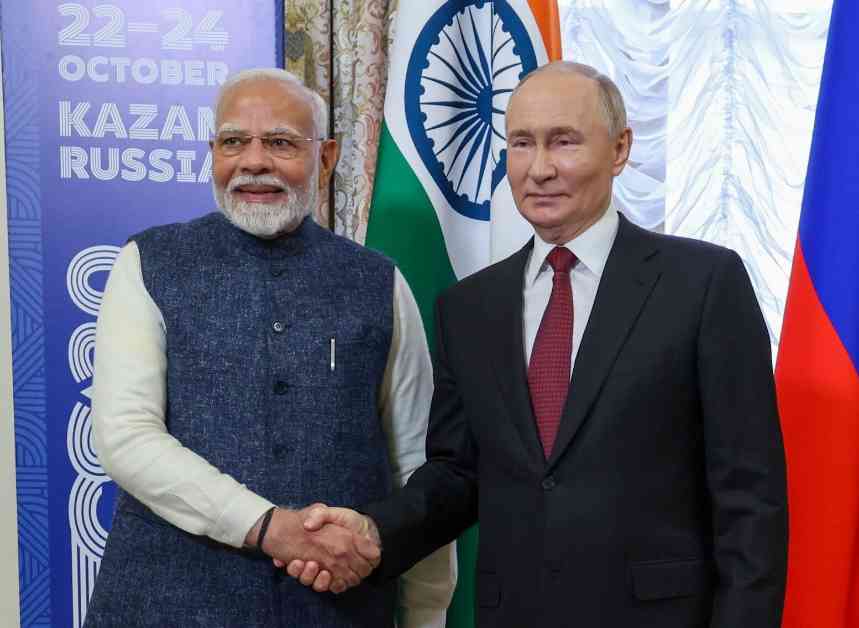As economies around the world struggle to grow under traditional economic theories, BRICS nations are taking a different approach by embracing “entrepreneurial mysticism” to drive prosperity from the ground up. This shift positions BRICS as a new leader in the global economy.
For decades, Western economies have focused on Economic Intellectualism, relying on numbers and studies to predict outcomes. However, this approach has overlooked the power of entrepreneurial mysticism, which has the potential to drive global growth in a unique way.
When looking at commerce over the past millennium, there have been two main mindsets: job seekers and job creators. Countries can be categorized as either population-rich or knowledge-rich nations, with some focusing on small and medium-sized enterprises (SMEs) while others prioritize quick-money opportunities.
BRICS nations, which include China, India, and the USA, are now at the forefront of this economic shift. They are challenging the traditional economic models and embracing Socialistic Entrepreneurship, which combines elements of capitalism and socialism to uplift their citizens and drive economic growth.
The world is facing stagnation in growth due to the reliance on economic intellectualism, which focuses on theoretical games rather than practical solutions. Entrepreneurial mysticism, on the other hand, has the power to create new ideas and turn them into successful enterprises, driving global economic progress.
BRICS nations have already made significant strides in this new economic paradigm. By focusing on upskilling and reskilling their citizens, they are creating a large pool of skilled workers and entrepreneurs. This shift towards entrepreneurial thinking is reshaping the economic landscape and creating opportunities for growth and prosperity.
Through initiatives like Expothon Worldwide, BRICS nations are working together to develop protocols for national mobilization of entrepreneurialism. These efforts aim to guide countries in managing their SME base, upskilling exporters, and reskilling manufacturers to adapt to the global age of competitiveness.
By implementing these strategies, BRICS member nations can foster collaborative thinking and create a prosperous bloc that benefits their citizens, businesses, and economies. This new approach to economic development has the potential to drive global progress and create a more equitable and prosperous world for all.














